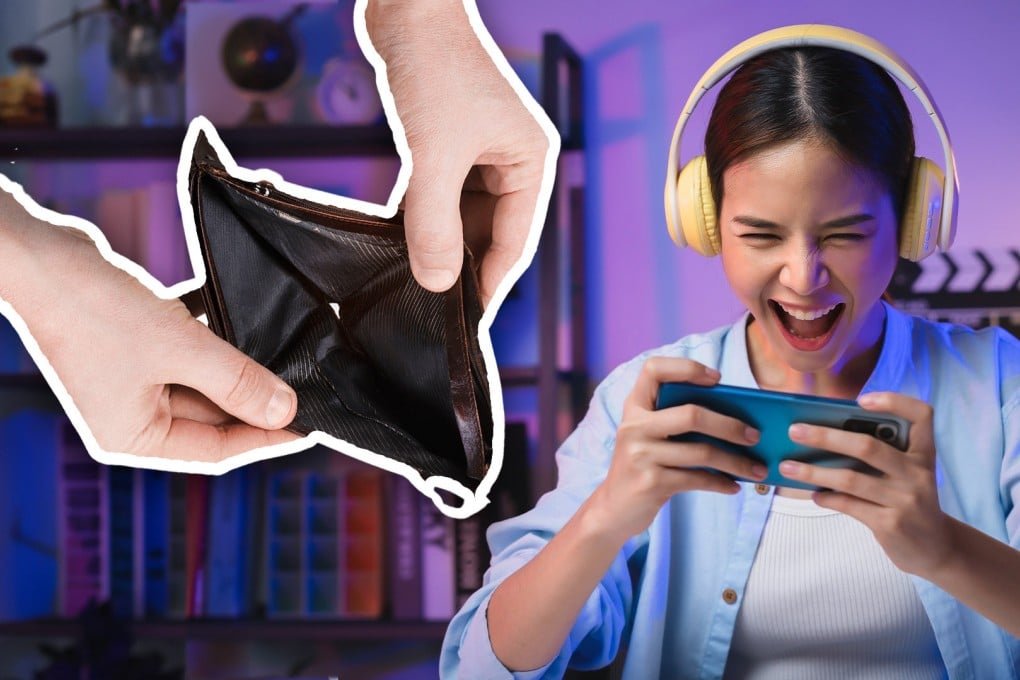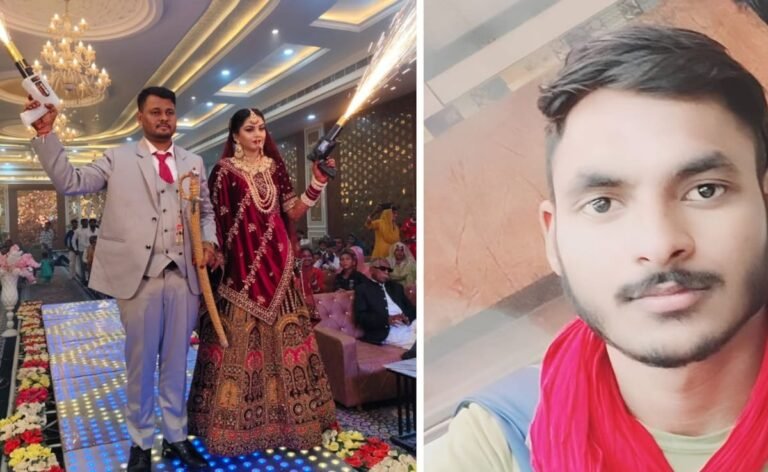A 16-year-old girl from Indore had signed up for a fantasy gaming app as it was a free download. But as she topped every score in the free games, it whetted her appetite for more. She borrowed money, joined paid contests with entry fees and won prizes, albeit virtual money. She made in-app purchases to buy virtual tools to enhance her gameplay. Then she began losing and suffered the casino syndrome, where she gambled away more money to play the next levels, make up for her losses and pay back her lenders. In six months, the teen had accumulated a debt of Rs 80,000.
By the time her parents got her to Urvashi Musale, the Mumbai-based child and teen psychologist and parental coach, she had lost weight, skipped meals, stopped studies and was on the verge of an emotional breakdown. “First, she would ask money from her parents on one pretext or the other. Such was her greed and addiction to win more games that she asked money from friends and relatives, playing the victim card by saying her parents were too strict and never understood her. Then she took loans from small-time loan apps into her student account and used it to play more games. She did it because her wins gave her validation among her peers and co-players, made her feel good,” says Musale, who took months to get her back on rails. But the one patient who shocked her most was a 13-year-old boy from Pune, who had memorised his mother’s UPI PIN number, and cleaned her account of Rs 2 lakh to buy virtual weapons for gaming apps.
It is because of the thin line between addictive gaming and obsessive gambling among young people that the government’s new Online Gaming Bill has been enacted to protect young citizens from both financial and psychological risks. “In fact, studies have shown that gaming gives a dopamine hit similar to substance abuse. The brain’s pleasure pathway is activated and creates a loop of repetitive behaviour. With excess gaming, everyday activity loses meaning for teens,” says Musale, who has seen a sharp spike in teen gambling online over the last one year though it has been picking up pace since the Covid years.
How gaming impacts the brain
Dr Harsha GT, psychiatrist at Manipal Hospital, Bengaluru has seen gaming addiction wreak havoc among engineering students in their early 20s over the last five years. “Playing games, especially violent ones or those that encourage betting and risk-taking behaviour, are as powerful as opioids in changing your brain. They can result in lower activation in limbic areas, the part of the brain that regulates your emotions, behaviour, motivation and memory. Long-term or pathological gaming has been linked to changes in brain regions and its reward pathways. Addiction then leads to emotional and social detachment, ultimately sinking the person into depression,” he says.
The triggers behind a kick
“For teens, it is about getting socially acclaimed within a small amount of time. And the monetary gains, albeit virtual, give them power,” says Rituparna Ghosh, clinical psychologist at Apollo Hospital, Mumbai. Musale says none of her student patients had self-esteem issues or were lacking something in their lives. “In fact, they are smart-brained but in that small community of gaming, they are fiercely competitive. Gaming is just an extension of a social media boast. Since most games are played in a group, with most provisioning for in-app voice chats with your squad, peer superiority is what every teenager is seeking. They make fake IDs, fake their age, fool their families,” she adds.
In fact, the 16-year-old confessed to Musale that she knew she was going too far but winning a game was a bigger emotion that made her feel euphoric and in control. Worst of all, she saw the monetary gains as a ticket to a luxurious lifestyle. That’s because she had seen her favourite Bollywood icon endorse the game, which is why the Bill clamps down on “misdirectional advertising.”
“This is what gaming companies thrive on. Besides, they first let you win easy and once you are hooked, make it tough for you to win while they keep earning. But the gamer is then in a vicious trap, thinking they can replenish that money only by playing more,” she says. The 13-year-old boy from Pune, who cleaned out his mother’s account, told Musale he wanted the money to upgrade virtual weapons, kill his targets faster in the game and acquire badges. “He told me, ‘I feel strong with these weapons and they seem real to me.’ It had warped his mind and sense of reality. This is what we call dissociative personality disorder, where your altered identity can control your real world behaviour,” says Musale.
Story continues below this ad
What about therapies?
Musale first used empathy to get through to the 16-year-old. They are very vulnerable at the time and blame themselves, so first is to get them back from that zone. Both Dr Ghosh and Dr Harsha have seen older addicts gravitating towards self-harm. Musale used cognitive behavioural therapy to help the girl challenge her beliefs and restructure thought patterns. “Since gaming addiction is equivalent to a dopamine hit, the affected person has similar withdrawal symptoms. That’s why we made her mother sleep in her room at night for the initial weeks as she would play at night. It is important to negate the denial by absorbing an alternate interest. She liked music, so we replaced gaming with music therapy. We also let her see how her parents struggled to repay her loans, so that she could realise the value of money,” says Musale.
For the 13-year-old boy, she focussed on building the boy’s confidence in the real world by counting all his good qualities, made him aware of what people appreciated in him. He played football, so developing that skill and appreciation from his football coach moved the needle away from online to offline. “All youngsters are looking for is validation of who they are. So once they get social recognition through positive behavioural patterns like art, dance, blogs and even taking up community causes, it builds their self-worth,” says Ghosh.
What should parents do?
Can parents do the gatekeeping themselves? First, Musale advises all of them to block their child’s digital access to their account apps. “The cardinal mistake that parents make is to ask them to replace addiction with studies. First find the next best healthy source of entertainment. Do not stop their tech access but explain the risks and educate them about red flags. Show an interest in their gaming behaviour if they are into it and help them negotiate the traps. Guide your child to clarity with your adult vision,” she says.
But the biggest corrective is to impress upon them the value of money because gaming distorts the idea of wealth-building. “A Rs 1,000 is just a click online, not ten 100 rupee notes going out of your purse. We call this the pain of paying where the act of spending money is seen as a loss. Children have started associating money with fun and excitement and not as saving and asset, or as a reward for effort. The value system with money has evaporated. That has normalised gambling and addiction,” she says.




















